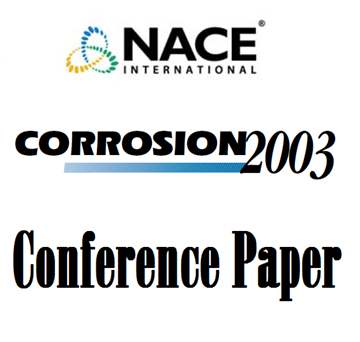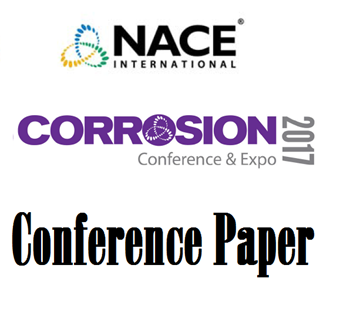Search
Control of Corrosion of Electrical Submersible Wells and Rod Pumped Wells in Varied Carbon Dioxide Environments Using Batch Treatment
Also Purchased
03337 THE TRANSPORT OF CHEMICAL INHIBITOR DURING BATCH APPLICATION
Product Number:
51300-03337-SG
ISBN:
03337 2003 CP
Publication Date:
2003
$20.00
07693 High Performance Batch Treating Corrosion Inhibitor
Product Number:
51300-07693-SG
ISBN:
07693 2007 CP
Publication Date:
2007
$20.00
Guidelines for Corrosion Inhibitor Selection for Oil and Gas Production
Product Number:
51317--8842-SG
ISBN:
8842 2017 CP
Publication Date:
2017
$20.00




